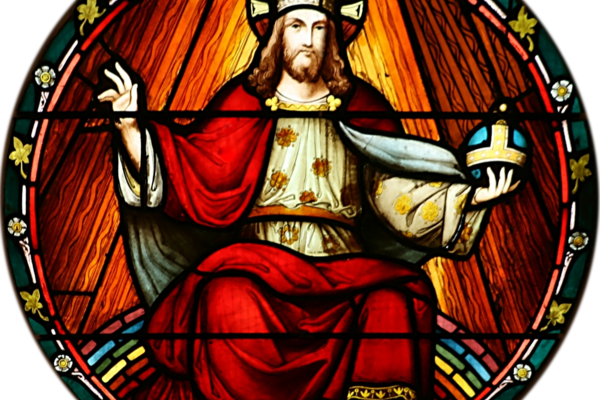Today is the Feast of Christ the King, the last Sunday in our church year.
I always find it a strange feast to celebrate in a democracy, in which the whole point is that we do not have kings, but shared authority vested in the people and temporarily delegated to elected leaders. What does thinking about Jesus as a King mean to folk like us?
This year it is particularly strange, for, with the exception of the marriage of William and Kate, this has been a bad year for kings. Monarchs, tyrants, plutocrats, and autocrats of every stripe have found themselves under assault from a powerful wave of populism, as the citizens of country after country have risen up to hold their leaders accountable for their stewardship of their nations. Throughout the Middle East and in parts of Europe and the United States, the official narrative of power has been held up and judged against another set of ideas, one that speaks of fairness, liberty, and raising up the poor. Ruler after ruler has heard a cry that translates, roughly: “as you did it to the least of us, so shall it be done to you.”
Christ is a different kind of king, and his authority always calls our leaders to account, whatever the form of our government or our political preferences. Christ embodies a form of leadership that is rarely seen in our world. In the ordinary scope of things, our leaders wear nice suits and inhabit the corridors of power and cut deals with the wealthy and the powerful. Christ, however, threw in his lot entirely with those whom the doors of power shut out. He would talk with anyone, eat with everyone, and, in the end, died among the refuse of his people. He was a leader who led from below.
Read the Full Article

